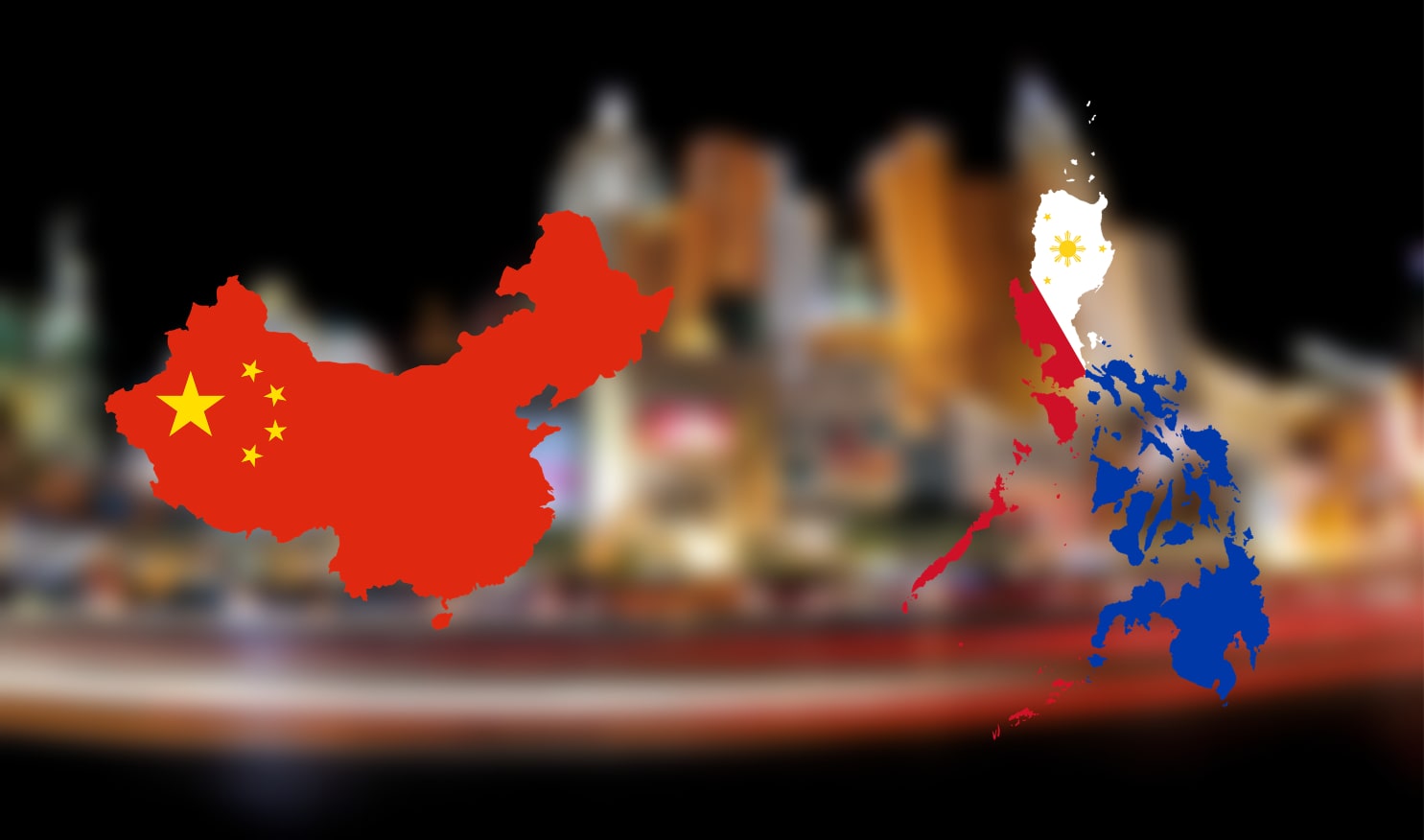 Published: 12.08.2019, 17:38
Published: 12.08.2019, 17:38 2 min read
2 min readOn Thursday, a Chinese-state media reported the boiling diplomatic row that online gambling is creating between China and the Philippines. China is showing concern on how the Philippines gambling operators is negating the Chinese government’s effort to minimize crimes. According to the Chinese state media, China embassy in Philippine has registered “grave concerns” for the Chinese citizens working in gambling firms.
The Philippine government is keen to reap big from the gambling sector following the announcement President Rodrigo Durterte made last month. The country does not only target revenue from local gamers, but also the foreign workers in the industry.
Chinese Complaints
All the Chinese working for gambling operators are expected to have the Philippine Offshore Gambling Operator (POGO) license to ease tax collection. The gambling regulator, Philippine Amusement and Gaming Corporation (PAGCOR) have the mandate to issue POGO license.
According to the embassy, several Chinese nationally are illegally employed in Philippine’s gaming industry. The recruited Chinese were allegedly lured through advertisements to join technology-related jobs, only to land in the gambling sector.
Confiscation of passports of the Chinese who were duped with lucrative jobs is rampant in the Philippine media. The embassy described the six-day work that its citizens are subjected to as “modern-day slavery.”
The embassy further complained that gambling sites and casinos in the Philippines, focusing on the Chinese market are working against “Chinese financial supervision and financial security.” They added that actions of the Philippine-based firms are helping gamblers to escape strict China’s capital control. Furthermore, the embassy cautioned the Chinese companies involved in “illegal activities” to stop “immediately” or attract massive punitive measures.
The plan to transfer thousands of POGO licensed Chinese workers from Manila to the “hubs” in remote zones equally drew criticism from China’s administration. The Philippine-based Chinese authority termed it as a “segregation” move aimed at violating worker’s legal rights.
Philippines Response
Meanwhile, the Philippines spokesman Salvado Panelo issued a statement advising foreign workers to channel their “formal complaints” to relevant authorities. Panelo promised that the said authorities would respond appropriately. He further reiterated that the country has laws that protect workers from any origin.
On his side, the Philippine’s Finance Secretary Carlos Dominguez said that the government is currently contemplating how to tackle China’s issues. However, he said that is department would not halt the ongoing issuance of tax identification numbers to POGO workers.
The eminent diplomatic impasse also invited the senate’s input. Senator Robert Barbers is satisfied with the ongoing crackdown. He alleged that Italian mobsters are using local gangs to launder money. Senator Joel Villanueva also echoed his colleague’s sentiments. Villanueva then called the Philippines and China’s government cooperation to avert what could turn to “be a hotbed for money launders.”









